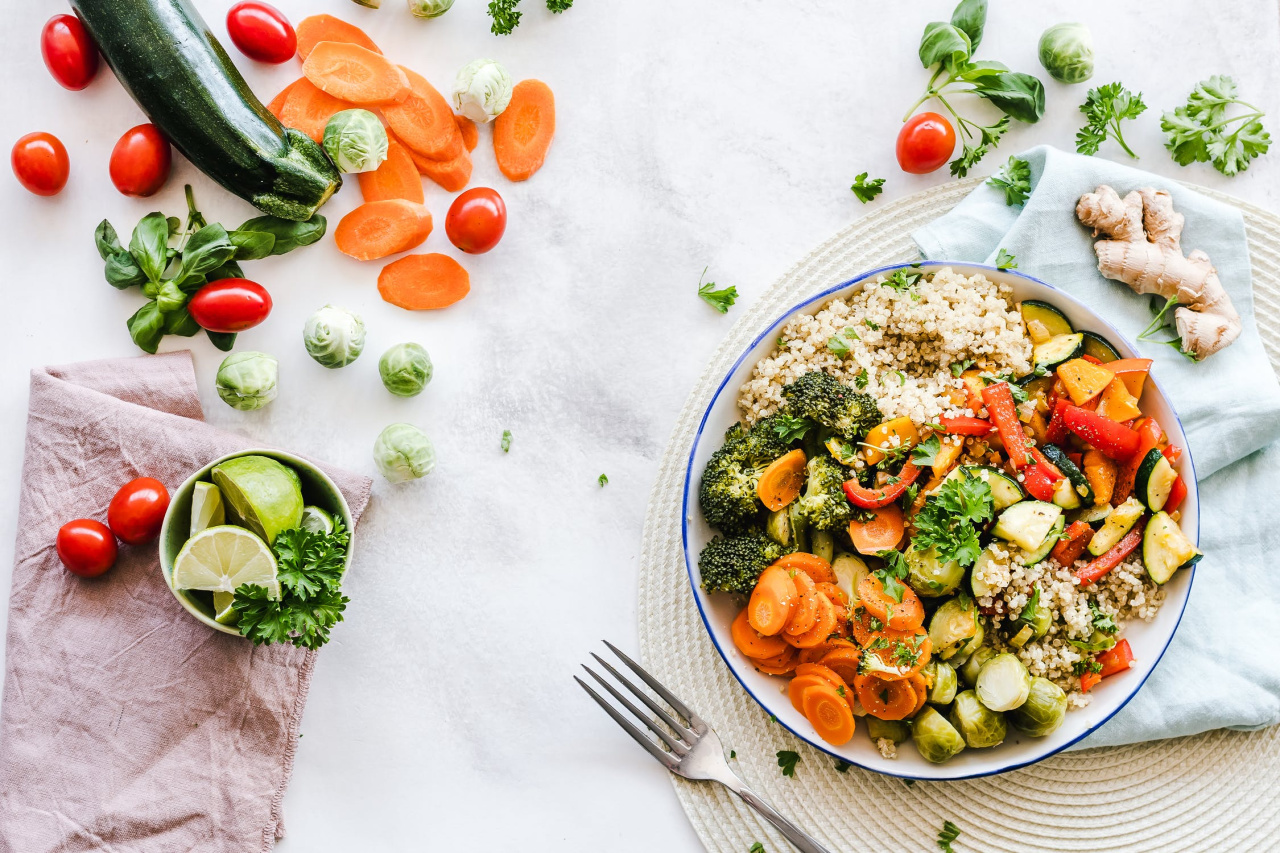
Stress has many knock on effects on the body, one of which is that the body becomes very sensitive to many foods that may previously have felt absolutely fine for you.
The food side of things was quite a journey for me as I headed down the unfortunate side of severe adrenal fatigue to the point of adrenal exhaustion. I would love to share here my
TOP 5 FOOD TIPS FOR ADRENAL FATIGUE.
1. Avoid anything that has wheat, white flour, gluten, high quantities of sugar.
Your body has probably become extremely sensitive if you are at the adrenal fatigue stage and this is not to say that you can’t eat foods with these substances in them ever again, but for right now I would highly recommend that you stay totally away from them. I remember one day with a blood sugar low I bought in desperation a couple of cup cakes which obviously had white flour in them. Oh boy, did I pay for that. For the next week I had the most awful stomach cramps and digestive disturbances that were definitely not worth the short term pleasure of the cup cakes. My system just could not tolerate any of this, and it was a great lesson. If ever there was motivation to take the cleaning up of my diet to a new level, this was it. Consuming any of the above products – wheat, white flour, gluten, too much sugar had the potential to send my digestive system into great disarray and usually for many days at a time. To this day I still eat very little of these products (and still working with the sugar aspect) as I believe this is much better for me and the majority of the human population, but on the odd occasion that I do, my system has healed enough now for me to tolerate this without any severe reactions.
2. Eat regularly. 3 meals and 3 snacks.
If you are deep in the throws of adrenal fatigue or adrenal exhaustion you will no doubt be experiencing many fluctuations in your blood sugar levels. I used to find that within 2 or 3 hours of eating a meal my blood sugars would drop, and drop VERY QUICKLY if I didn’t have a healthy protein and fat snack to hand. As a general rule, eliminate high quantities of carbohydrates (especially simple carbohydrates) and sugar with your meals and snacks and be sure to eat adequate amounts of protein and fats. This is not to say to avoid carbohydrates altogether as this is an important part of a good eating plan, but find a good balance. Make sure that you have a snack after dinner before you go to bed to avoid any potential for a blood sugar crash during the night. This can have you waking up feeling very, very tired and with other adrenal fatigue symptoms going on it can be hard enough already to wake up feeling refreshed.
3. Each person’s diet is unique.
I am not suggesting one way of eating for everyone. We are all unique individuals. I am personally a big fan of finding out for yourself the foods that agree with your system and those that don’t. It can be helpful to work with a nutritionist or naturopath who understands adrenal fatigue symptoms so they can help you to come up with a specific diet that works for you. There is no one diet that fits all. And since I am using the word diet here, know that I am not using it in the way of a diet to lose weight. Diets to lose weight never work. Find a “diet” that comprises a way of eating that you can do day in day out without any white knuckling and bursts of willpower to get you through. Work with a healthy eating plan.
4. Begin the day with protein.
It is so important in dealing with adrenal fatigue to find a breakfast that has good amounts of protein in it. As I mentioned before, if you are at the stage of adrenal fatigue or adrenal exhaustion you are very likely experiencing blood sugar fluctuations or hypoglycemia. Starting your day with some protein is vital as this will help to set you up with more balanced blood sugars. High sugar wheat cereals followed by a piece of toast is a big no-no!! Choose instead something like an omelette, or add protein powder to your wheat and gluten free cereal, or add some cottage cheese to your gluten free piece of toast. Again the intricate details of your diet are something that you need to discover for yourself as to what feels right for you.
5. Be your own best advocate.
At this point of your healing, you need to stick up very strongly for yourself in staying with eating the kinds of food that feel right for you. This is not the time to let those around you pressure you into having that food that you know will not be good for you. Make sure those in your life are supportive of your needs at this point. Speak up for yourself as to what you need if you are out to dinner or out at someone’s house. Your own self-care is extremely important here and what goes into your body is at the end of the day your own choice. Make it a good one!!!
All the best with making these changes.
Lisa xo
